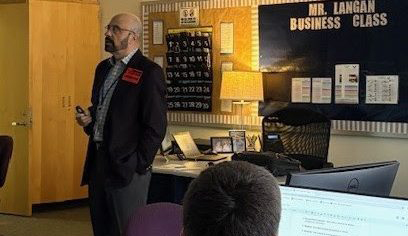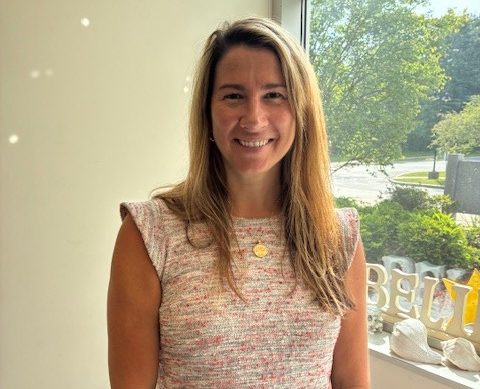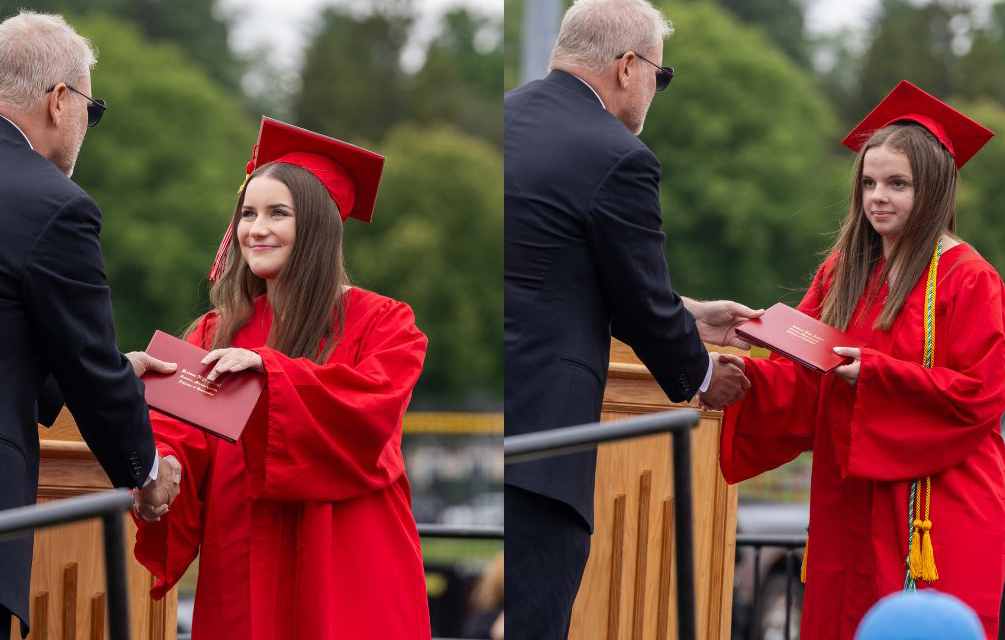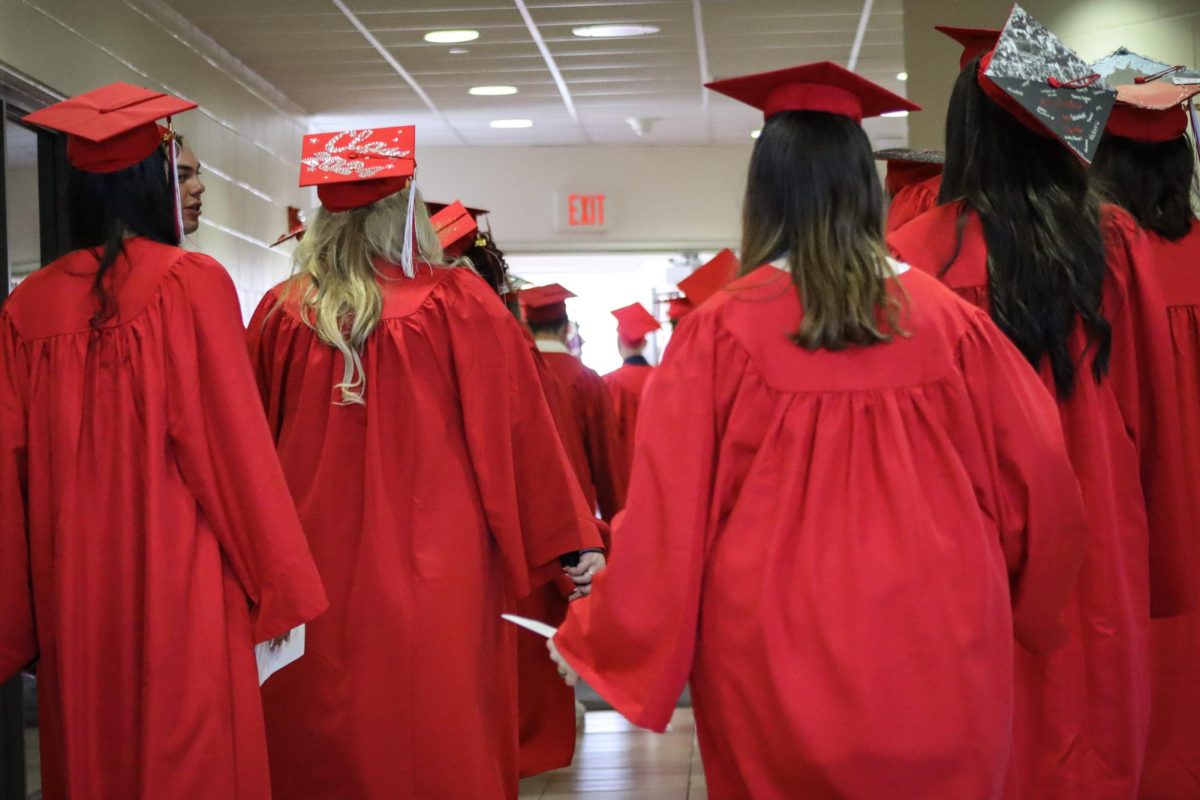
by Kaylie Blais
Last year the tenth grade class exceeded expectations on the MCAS test with over 60% of the grade scoring in the advanced category, and this year the tenth grade class is hoping for similar results. Like last year, the teachers have run MCAS prep sessions since February 3, and they will continue through March 13. The sessions focus on the long composition and reading comprehension.
According to English teachers Amy Vessels and Susan Menanson, the attendance numbers are about the same as last year with 6-9 students a session for the long composition and nonfiction sections. Unfortunately, the attendance for the poetry sessions on Thursdays is lower. Students need to attend these sessions, since MCAS data from previous years show that students struggle with the poetry sections of the test.
“Most students have trouble with open response questions, and they seem to have quite a bit of trouble from Poetry. I think that as a school system we haven’t done a lot to help students with poetry reading, poetry interpretation and analysis of poetry,” said Hobbs. “There are a lot of challenges, and we’re hoping that students want to and will do well on the MCAS. We would like to see more participation because there’s a lot to be gained from doing well on the MCAS.”
Benefits that come from succeeding on the MCAS include the John and Abigail Adams Scholarship. The John and Abigail Adams Scholarship gives non-need-based state-supported undergraduate tuition waivers to students who score advanced in one category (Math/English) and at least proficient in another (Math/English) on the tenth grade MCAS. In 2012, 55 students received the scholarship; in 2013, 58 students; and in 2014, 57 students did.
“I definitely want to prepare for it because it gets harder every year. I have a hard time comprehending poetry, so these sessions are very helpful,” said sophomore Brenda Chaves.
Students also have trouble comprehending questions from nonfiction articles. In the past, students have struggled with deciphering charts and graphs, so attending these sessions can help them develop some sort of strategy.
“I try to focus on getting students to pick out the main details because the test will have answers that will include some details but not the main one, and that often trips students up,” said Vessels.
All tenth grade students have written many essays since middle school, but some students still have problems successfully writing the long composition.
“Students struggle with topic development, and the whole grade is based on topic development,” said Menanson, “so if they don’t get thesis statements, topic sentences and lots of details they won’t do well. We want more students to come for help, but it seems like they can’t be bothered to get the help they need.”
Tenth grade is a crucial year for MCAS testing, and it’s important that students feel prepared so they aren’t nervous when taking the test.
“I feel more confident after attending these sessions because they’re a good refresher and good practice, and we’ve taken these tests for years so as long as you know what to expect there’s really nothing to worry about,” said sophomore Morgan Nelson.
While tenth grade is the important MCAS year, eighth graders also have their own English MCAS this year; however, they haven’t been having any practice sessions.
“This year, the school received a smaller grant than in the past, so we chose to put those funds into supporting the program for 10th graders, first, who need to pass MCAS to graduate,” said Curriculum Director Todd Wallingford.
Teachers want their students to do well and pass the MCAS, so they can graduate. Every year they are surprised and excited by the test scores.
“It’s like trying to predict the winner of a football game,” said Hobbs. “I think everyone is capable of doing well on the MCAS, and I hope that everyone will do well on the MCAS.”
MCAS sessions are still available until next week, so for any students who need help there’s still time left to get it.






